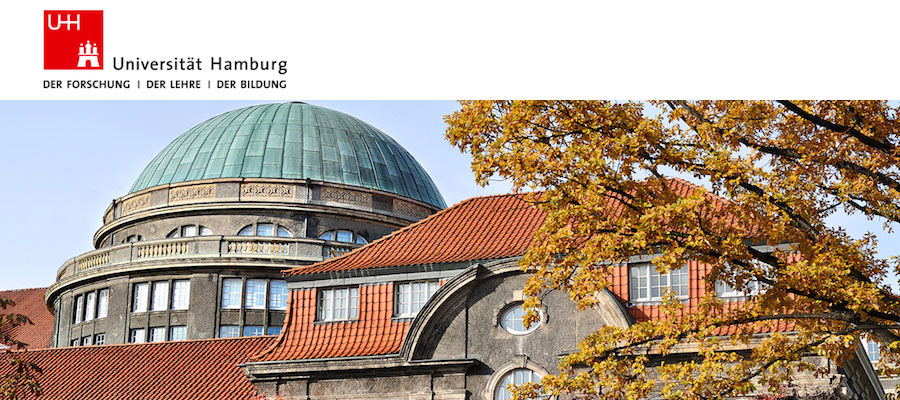Writing is one of the most important cultural techniques to have shaped the world’s societies. For most of human history, writing has been handwriting and has been part of diverse and complex manuscript cultures. Written artefacts have been continuously produced until this day, though the invention of printing with moveable types marginalised some while at the same time prompted new ones, not least digital media.
Over the past three decades, scholarly interest in written artefacts has increased significantly. Enhanced possibilities for the production, storage, circulation, and analysis of images and texts have stimulated historical and systematic inquiry. Material sciences provide methods for asserting the biological and chemical identities of written artefacts. In Asia and Africa manuscripts and inscriptions are increasingly relevant to cultural heritages, and the vast quantities of manuscripts have begun to be catalogued and made accessible. The time has come to develop a truly global framework for the study of all written artefacts from the beginning of writing to the present day and from all regions that have produced such artefacts.
We expect the Cluster of Excellence ‘Understanding Written Artefacts’ to serve as a model for collaborative research and to firmly establish cooperation between the humanities and natural sciences, including altogether forty investigators from across the humanities and ten from the natural sciences, computer science and psychology. Together they will establish a unified, comparative and comprehensive approach for studying how the production of written artefacts has shaped human societies and cultures, and how these in turn have adapted written artefacts to their needs. Eventually, they will produce insights immediately relevant for the preservation of written artefacts as cultural heritage.
Applications are now invited for 1 Post-doctoral Research Associate and 1 Pre-doctoral Research Associate. Both positions are fixed-term, three-year contracts. Fluency in English, written and spoken, is required. The pre-doctoral post holder is expected to enroll in the Custer's graduate school and to participate in research colloquia, lecture series and workshops, as well as active engagement in the Cluster's research activities.
